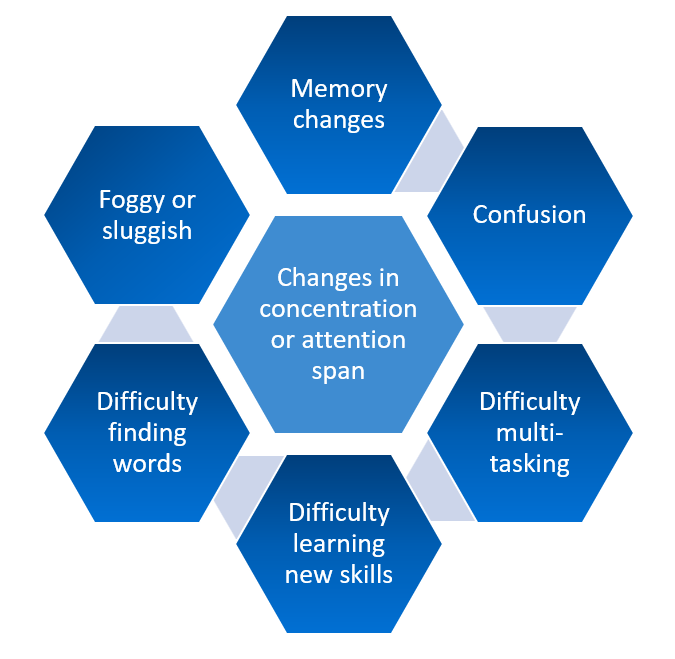May 2023
Inside this edition, we will be covering the following topics:
Legs Out Roundup
2023 Budget Announcements
Chemo Brain
Chronic Disease GP Management Plan
Spotlight on a clinical trial
Medication approvals
Missed our recent Relapsed Refractory webinar – watch it here or listen on Spotify
Upcoming events – young adult series, Hodgkin Lymphoma, Supporting Families, CLL Hybrid event
Support groups upcoming dates
- Nurse Support Line 1800 953 081
